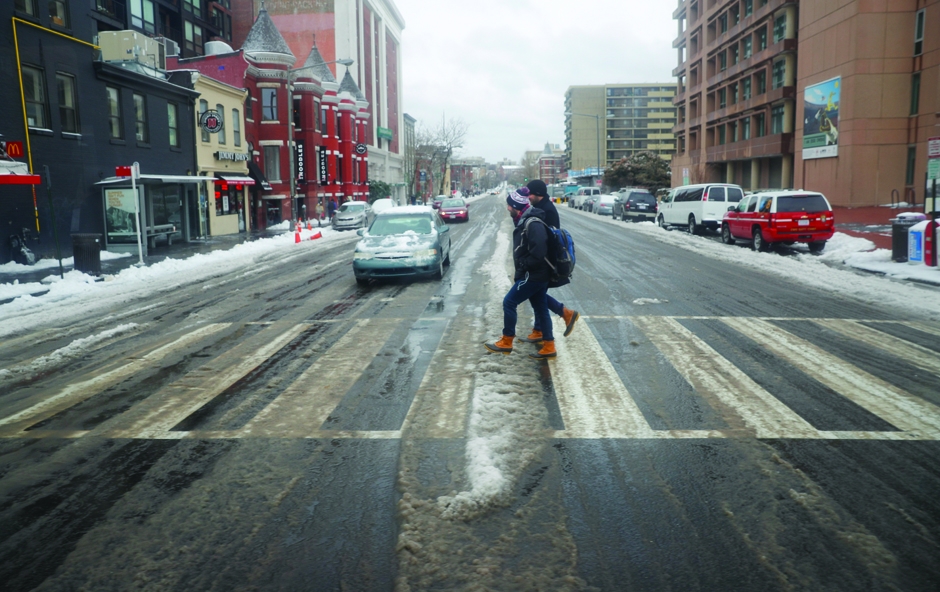
Elizabeth Sharp | Staff Writer
10/15/2020
Mary Pratt and Sophia Spaulding, seniors at Duquesne, have been hosting a Music Relaxation Group throughout this semester. Both students are music therapy majors studying in the Mary Pappert School of Music.
Pratt and Spaulding are running the group for a course both are taking, Community Engaged Practicum. The program they have created puts the concepts being learned throughout the course into practice.
“Given COVID, we wanted to have a group that is accessible to people on campus as a way for them to relax given our current environment,” Spaulding said. The pair aimed to create a program that was beneficial for students on campus.
In past weeks, the group has proven to be successful in achieving its goals and bringing students together despite the obvious disconnect that could have occurred this year.
“We plan each session to do a certain kind of music activity, depending on what we think the need might be for the clients that week,” Pratt said.
If the clients return from session to session, Pratt and Spaulding will build on their work from the previous sessions and incorporate new ideas.
The program can build on itself this way, but is also able to explore new ideas, and is able to cater to all clients as it promotes a space for self expression, stress release, self-care and relaxation.
Each session is run using a specific music based activity. It includes composition work that students can work as a group to develop using online programs.
In this case, students brought works that were meaningful to them to the session and incorporated them into a collaborative group piece that reflects everyone’s thoughts and personal contributions.
The group uses the innovative resources available to them, such as online music programs, which aid in many aspects of their work.
“In the coming weeks, we are planning to bring in a song and do a song discussion on it and listen to a cover and compare the two,” Pratt and Spaulding said.
Using activities like this one, the group can focus on certain aspects of music therapy that can be beneficial in day-to-day life.
Music-assisted relaxation is also explored during the program.
“The clients go into a meditative or relaxed state while being guided by facilitators to become more aware of the body and how it interacts with the music,” Pratt said.
Students are able to work interactively and bring their own ideas to these sessions. The focus is to make sure clients are learning and collaborating throughout sessions.
Three different sections are being run this semester, one being solely Duquesne students. The pair also work with LGBTQ+ groups in the area to expand the music relaxation group beyond Duquesne.
Pratt and Spaulding explained some of the other groups they are working with in the area as well.
“Clients that we are working with now are LGBTQ+ youth that have survived intimate partner violence … the program focuses on trust and building positive relationships through music therapy and focuses on community engagement in the group which is something that would be beneficial for them.”
The program specific to Duquesne is open to students of all years and majors.
In addition to making a difference on campus, the pair aims to help people in the surrounding areas through their knowledge of music therapy.
The music relaxation group is being run entirely through Zoom for the remainder of the semester.
Three out of the six sessions have already been conducted. The remainder will be held Oct. 26, Nov. 2 and Nov. 16.
It is still undecided whether the group will continue next semester; however, there has been discussion due to the positive response surrounding the program. Even if COVID-19related stress continues into the spring semester, music therapy will always be a valuable asset for students.




